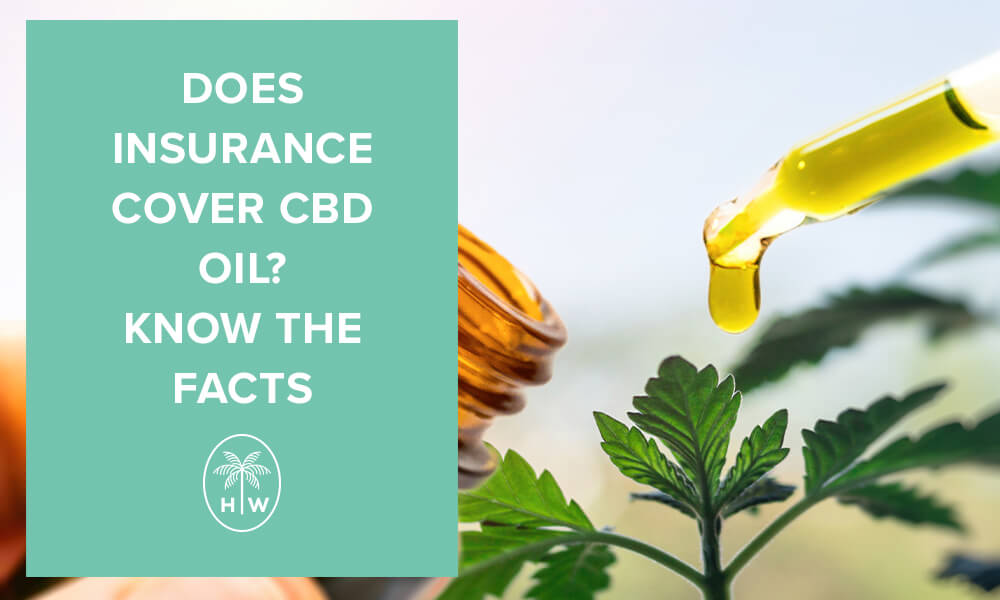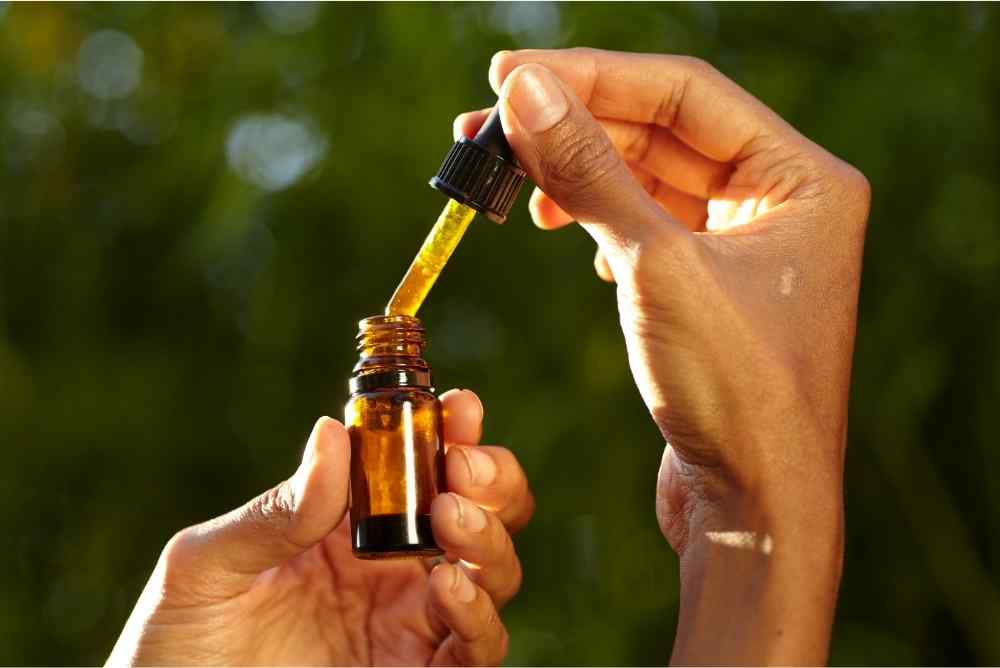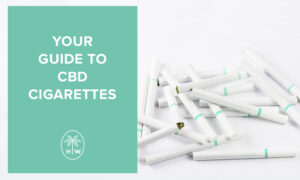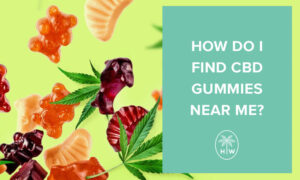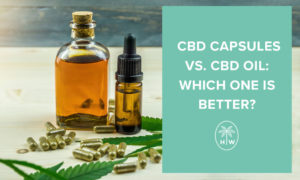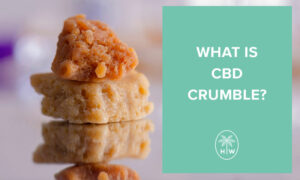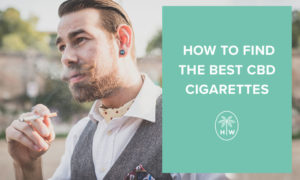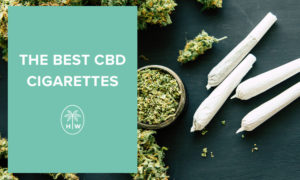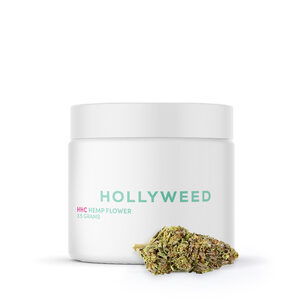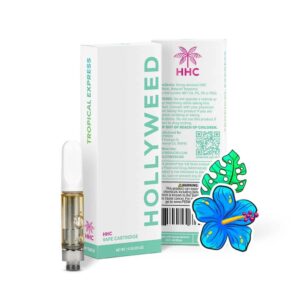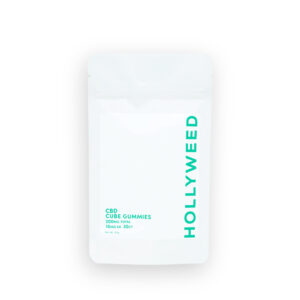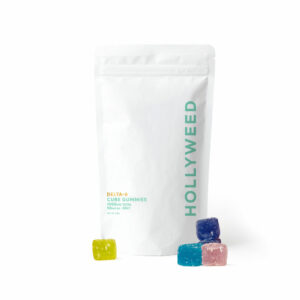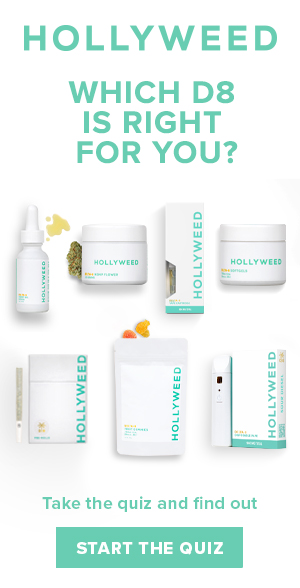The average consumer isn’t the only one who has become increasingly aware of CBD’s wellness properties. Witnessing their patient’s symptoms improve for various ailments, many physicians have begun to notice as well. This growth in awareness has allowed doctors to recommend CBD products as an alternative wellness treatment. As a result, patients consistently ask doctors, “Does my insurance cover CBD Oil?”
Table of Contents
Can Doctors Prescribe CBD Oil?
The world of CBD has skyrocketed in recent years, and the research dedicated to it is experiencing a massive expansion. That said, research still has a long way to go before it matches up with other alternative wellness treatments. A doctor may heavily support a patient’s use of CBD and potentially recommend it, but there is still more research to be done before it can be fully prescribed as a medicine.
Does Insurance Cover CBD Oil?
Unfortunately, the answer to this question at present is no. Currently, no health insurance companies in the U.S. cover medicinal marijuana or CBD products, due to the gray area of legality. Even though many of these products cause little to no side effects in most patients, CBD oil is not FDA-approved so it can’t be covered by insurance yet. They’re also backed by plenty of scientific research about their beneficial properties.
Does Insurance Cover Anything With CBD In It?
If your doctor prescribed Sativex or Epidiolex, your insurance will likely help cover the costs because these are FDA-approved medications. Epidiolex is a pharmaceutical-grade, plant-based CBD extract. Sativex is an oral spray that contains two of the most famous cannabinoids from the cannabis plant. We’ll give you a second to guess what those two cannabinoids might be. That’s right! Sativex contains an equal mix of cannabidiol (CBD) and tetrahydrocannabinol (THC).
How To Find Quality CBD Oil
CBD comes from hemp plants with a THC content of 0.3% or less. Although present in marijuana as well, CBD is derived from agricultural hemp for primarily wellness purposes. Full spectrum CBD oil contains minimal THC (the active ingredient in marijuana that makes people feel high). Broad spectrum contains no THC, making it great for those who want to avoid THC for any reason.
It can be hard to tell the difference between high-quality products and their less reputable counterparts if you’re just getting started on your journey into the world of CBD. Well, worry not, friend, in the sections below, we have listed a handful of ways that you can go about identifying the best CBD products.
Hemp Source
The geographical source of CBD is much more important than many people realize. A hemp plant absorbs everything present in the ground where it is grown. Because of this, a hemp plant cultivated in rich nutrients will be of generally high quality, which means the CBD extracted from it will likely be high quality as well.
Along the same train of thought, a hemp plant grown in an area rich with metals like mercury and lead will produce CBD that may be unsafe for regular consumption.
If the manufacturer/retailer you buy your CBD from is honest with their customers, you’ll likely be able to find information about the specific hemp source. You can rest easy and be assured of quality if you buy CBD oil in the United States. U.S. farmers are required to become certified by the United States Department of Agriculture (USDA) before they are allowed to sell their products.
Amount of THC Present In CBD Oil
THC is the primary active cannabinoid present in both marijuana and hemp. Under the 2018 Farm Bill, the amount of THC found in a cannabis plant cannot exceed 0.3%. Any cannabis plant with a THC content of 0.3% or higher is legally classified as marijuana, which is still federally illegal.
Check For a “Whole-Plant” or “Full Spectrum” Label
One of the most remarkable characteristics of a high-quality full spectrum CBD product is that it utilizes the whole plant. The use of the entire hemp plant guarantees that your CBD product will include not only cannabidiol but the full spectrum of what the hemp plant has to offer.
Full-spectrum and whole plant CBD products include the primary and secondary constituents found in the hemp plant (such as minimal THC, terpenes, flavonoids, and other various cannabinoids). These compounds work synergistically with CBD to create the “entourage effect“.
Check For Third-Party Lab Results
Any legitimate and authentic CBD oil brand share their official third-party lab results with their customer base. These results prove to the customer that the product is everything that it claims to be, free of impurities, with high CBD levels and low THC levels.
What To Look For When Searching For CBD Oil
Any quality CBD product will come with a Certificate of Analysis (COA) visible somewhere on the website. Many CBD products will allow you to access an online COA while you shop by scanning the product’s QR code with your phone! The COA shows that the product has been tested by a third-party lab.
Suppose the product’s COA is not readily available in one way or another. In that case, we suggest that you email the company and ask to see the COA for the product. The COA may be confusing at first, but here are some things you can look out for.
Labeling Accuracy
Always make sure to double-check that the THC and CBD concentrations listed on the COA match up with what is on the product’s label. Inaccuracies with labeling are among the most common issue when it comes to CBD products.
Studies reveal that only about 31% of products are labeled accurately. After analyzing nearly a hundred CBD products sold online, researchers concluded that when it comes to CBD, just under 50% of them contained a higher concentration than stated. Roughly 25% percent of products have less than initially claimed.
Cannabinoid Profile
If the product is either broad spectrum or full spectrum, we recommend researching the entire cannabinoid profile. You should be able to find various cannabinoids such as cannabichromene (CBC), cannabigerol (CBG), cannabinol (CBN), and cannabidiolic acid (CBDA) on the list.
Additional Lab Charts
Some reputable CBD companies will provide in-depth COAs showing pesticide and heavy metal and analyses, as well. Sorry to disappoint, but the heavy metals you’ll be looking for will look less like Iron Maiden or Black Sabbath and more like mercury or lead. You can check the reports for contaminants and whether or not the amount you may find is within a safe limit. High quality CBD products are made from organic hemp plants and all natural ingredients, so you won’t have to worry about any unsafe chemicals.
About Hollyweed
Hollyweed’s mission is to create the purest, safest, and highest quality CBD products on the market. This is because we care about you and your health! We have all of our CBD products tested by 3rd party labs multiple times. Our customers can easily verify this by the COA located on each of our products! That’s why we can pride ourselves on the quality of our products and the transparency between our customers and us.
Final Thoughts – Does Insurance Cover CBD Oil?
CBD oil products owe their exceptional popularity to the cannabinoid’s wellness properties. Doctors are beginning to support the use of CBD to their patients as a safer way to manage certain ailments. As research continues, CBD is earning credibility in the health and wellness world.
In spite of the progress CBD has made, health insurance companies still aren’t ready to help patients cover CBD oil. We are optimistic that the next few decades could see companies providing such coverage to patients who need it.
